By Adam Sanchez
Only a crisis — actual or perceived — produces real change. When that crisis occurs, the actions that are taken depend on the ideas that are lying around. — Milton Friedman
Naomi Klein’s new video on Coronavirus Capitalism opens up with the quote above from Milton Friedman, the free market economist. In the midst of today’s unprecedented public health and economic crisis, Klein goes on to discuss the different ideas that are “lying around” to address the crisis. From bailouts for the fossil fuel industry to Medicare for All these ideas will turn into the battle lines of the fights ahead and will determine whether these crises will be solved on the backs of workers, the poor, and with devastating consequences for the planet, or whether they will lead us toward a more just and equitable future.
It’s in times like these that we need to remember and learn from the last great world crisis of this magnitude — the Great Depression.
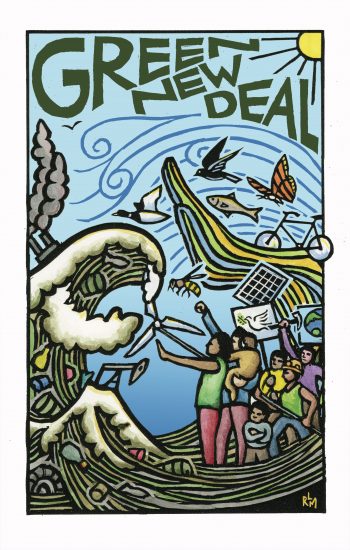
Artwork by Ricardo Levins Morales via 350.org.
Although most people remember the New Deal as what provided U.S. citizens with a social safety net for the first time, when Roosevelt won the presidency in 1933, the New Deal was more a slogan than an actual set of policies. Roosevelt, borrowed from the ideas that were “lying around.” At first, most of those ideas came from corporate executives and wealthy Southern landowners, but increasing worker militancy and a growing unemployed movement pushed the New Deal towards the more radical ideas workers and the unemployed were pushing.
The two lessons below help students understand the ideas that were on offer at the beginning of the Great Depression and how it took one of the largest strike waves in the history of the United States to win the New Deal.
At a time when politicians of all stripes are debating the desperately needed Green New Deal and thinking about unprecedented government intervention into the economy — these lessons are more relevant than ever.
Lessons
These two free lessons, by Adam Sanchez, are designed for middle and high school classrooms. Note that the first lesson requires small and full group interaction, so would not work well while school buildings are closed. However the second lesson, while designed for a group, could be read at home and/or adapted to remote learning.
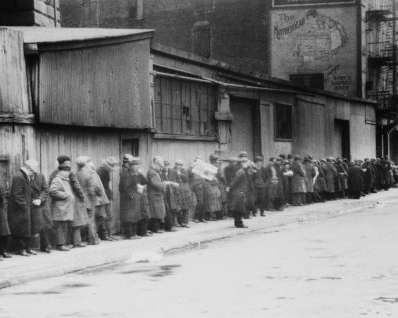 |
What Caused the Great Depression? The Widget Boom GameA simulation gives students a grasp of overproduction and what caused and continues to cause economic crises under capitalism. It also sets the stage for a study of the New Deal. Read more and download lesson. |
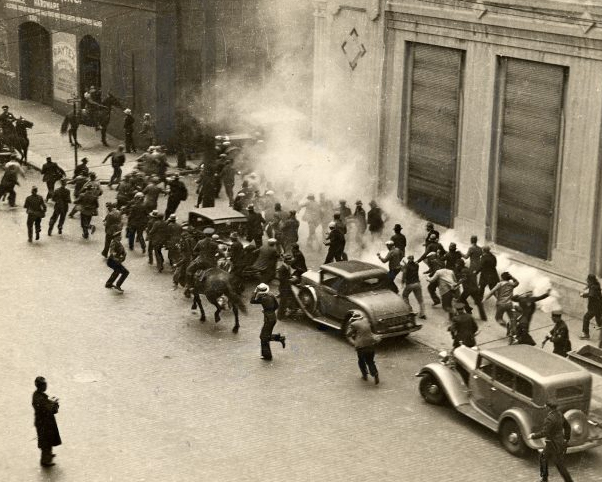 |
Who Made the New Deal? The Economic Recovery Conference Role PlayMainstream narratives generally ignore the social forces pressing for radical New Deal legislation and fail to explain how the dynamics of power shifted in response to a growing struggle from below. In this lesson, students explore how different social groups influenced the policies and practices of the New Deal. Read more and download lesson. |
Related Resources
Scene on Radio: A New Deal
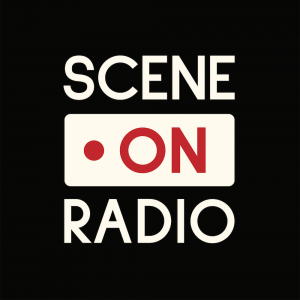 |
“When we look at periods of crisis and transition like the Great Depression, how do we really cut through and see who was really working in service of democracy, versus who was just using the language of democracy to get back to business as usual?” This question by series collaborator Chenjerai Kumanyika is the focus of the sixth episode of the excellent Scene on Radio podcast series, “The Land That Has Never Been Yet.” The episode, “A New Deal,” is listener-friendly for high school students. |
Coronavirus Capitalism
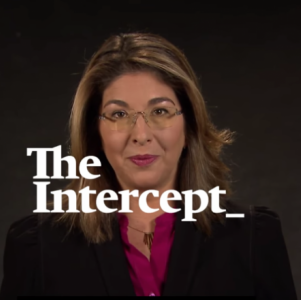 |
Author, activist, and journalist Naomi Klein says the coronavirus crisis, like earlier ones, could be a catalyst to shower aid on the wealthiest interests in society, including those most responsible for our current vulnerabilities, while offering next to nothing to most workers and small businesses. Klein, author of The Shock Doctrine: The Rise of Disaster Capitalism, argues President Trump’s plan is a pandemic shock doctrine. In a new video (below), Klein argues that it is vital for people to fight for the kind of transformative change that can not only curb the worst effects of the current crisis but also set society on a more just path. [Description from Democracy Now!] |

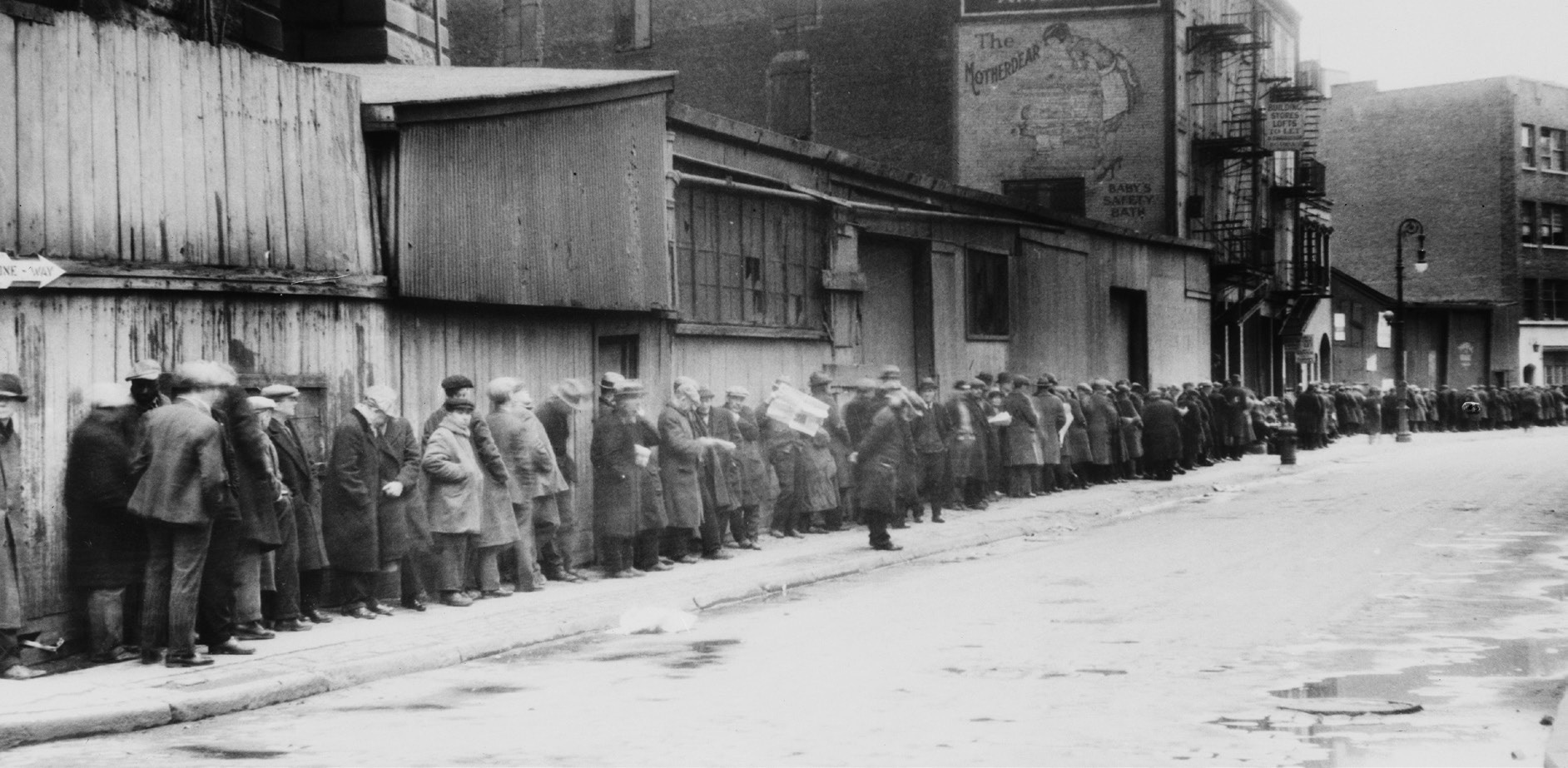
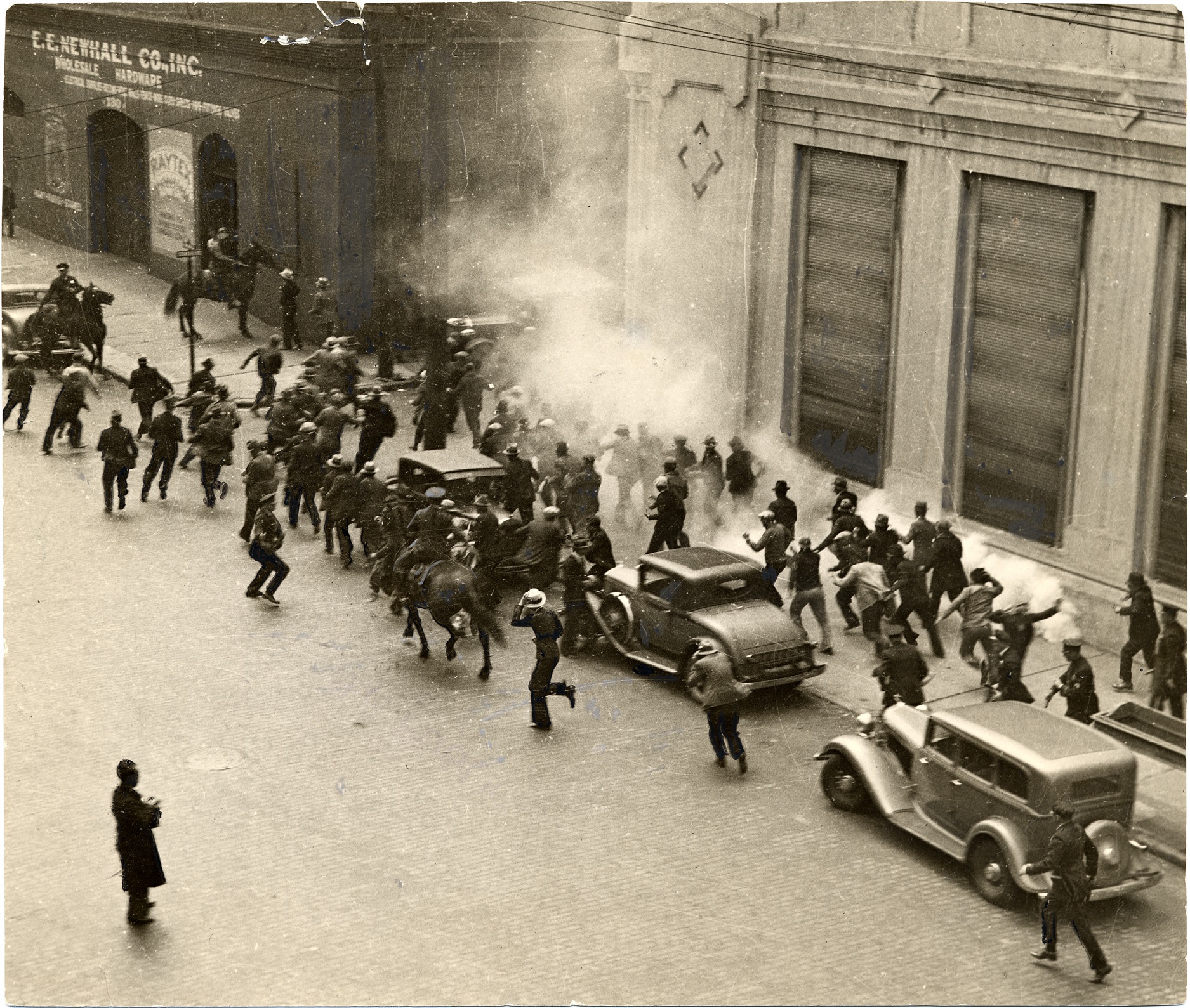
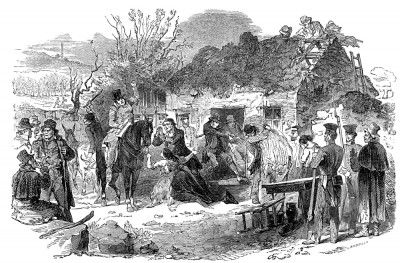
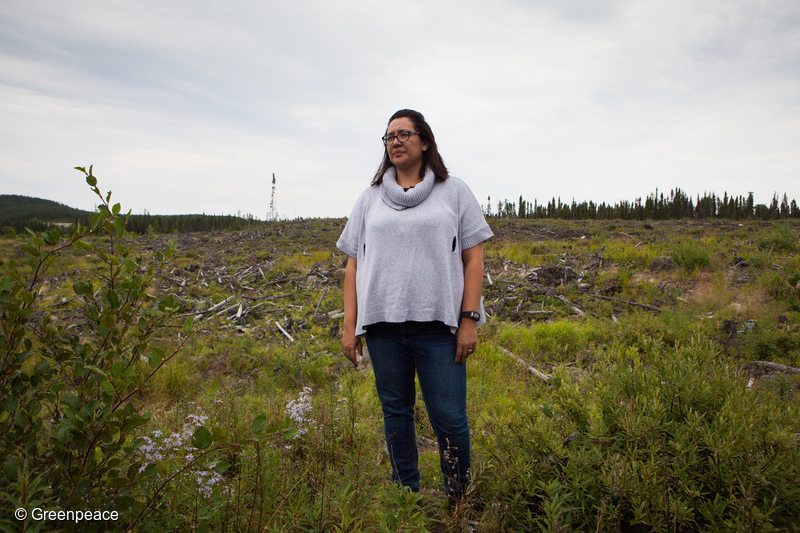
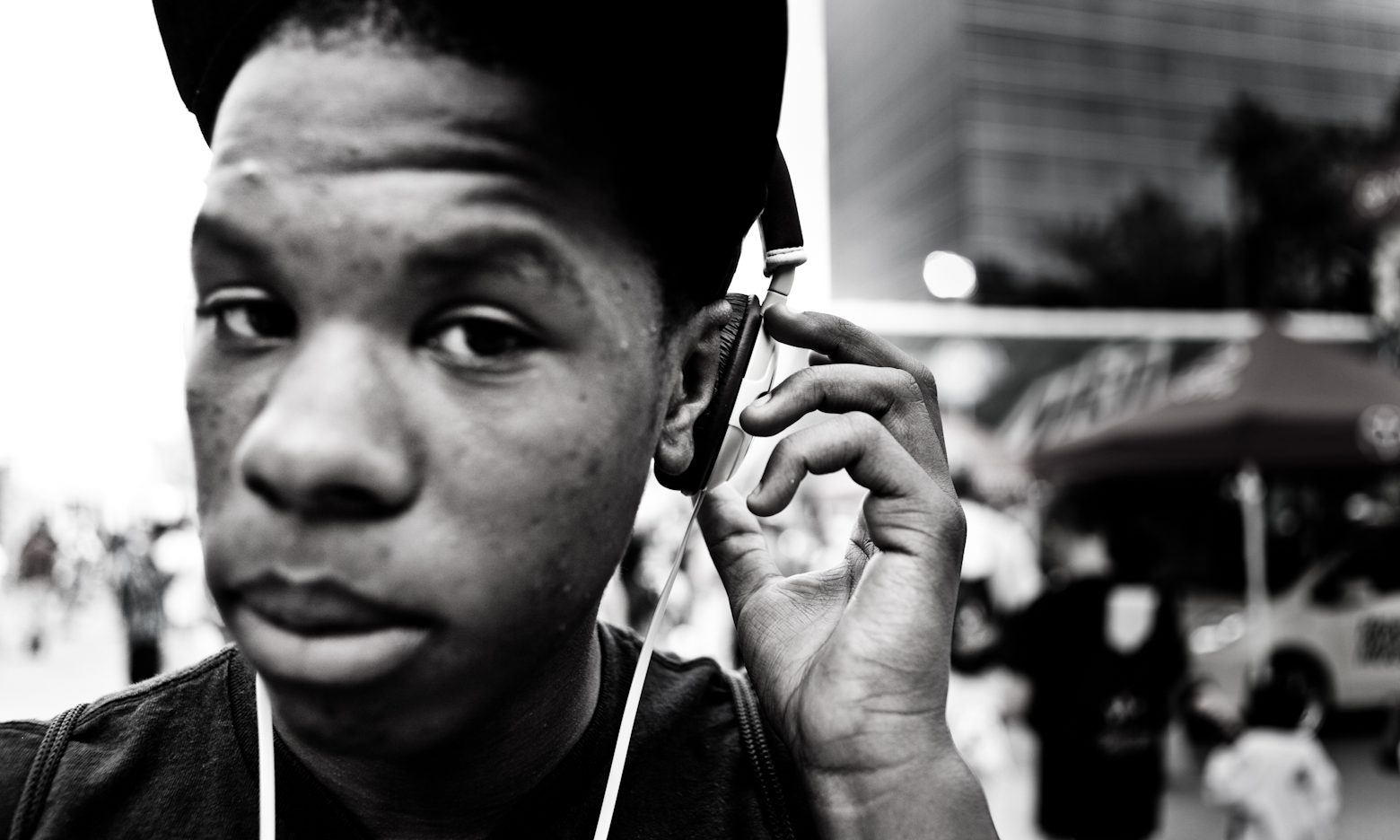
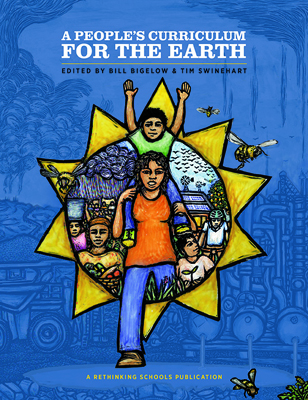





Twitter
Google plus
LinkedIn